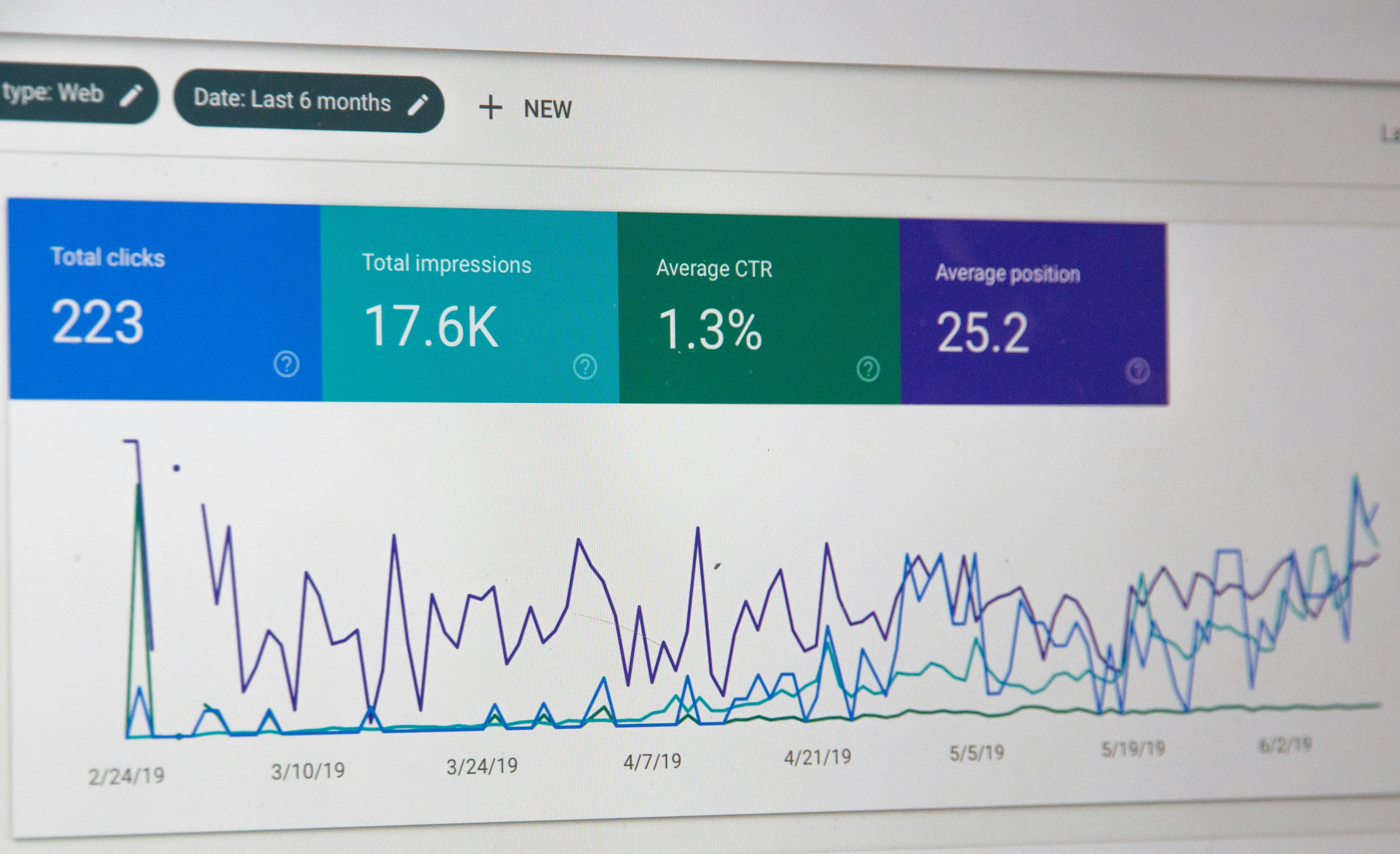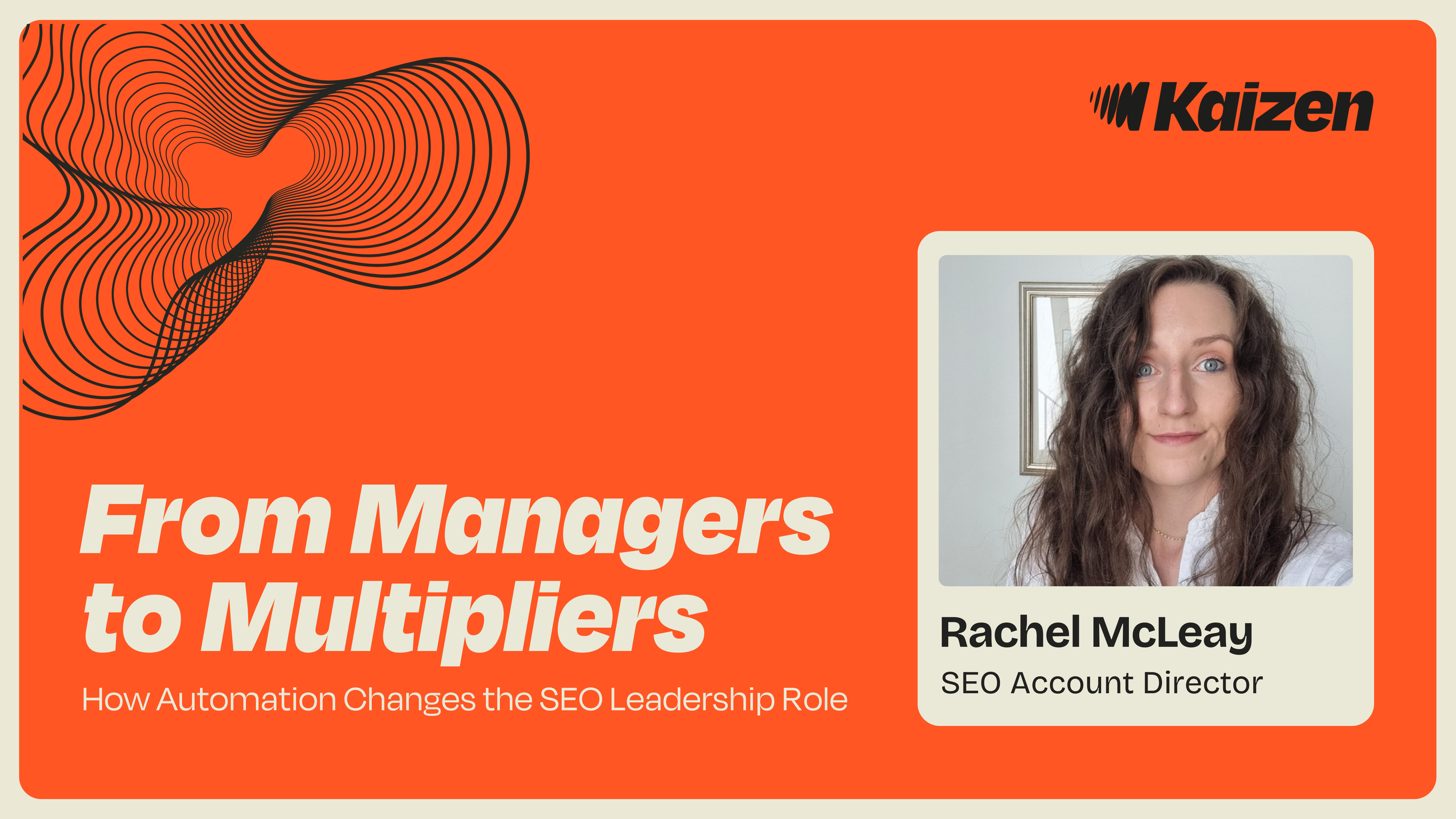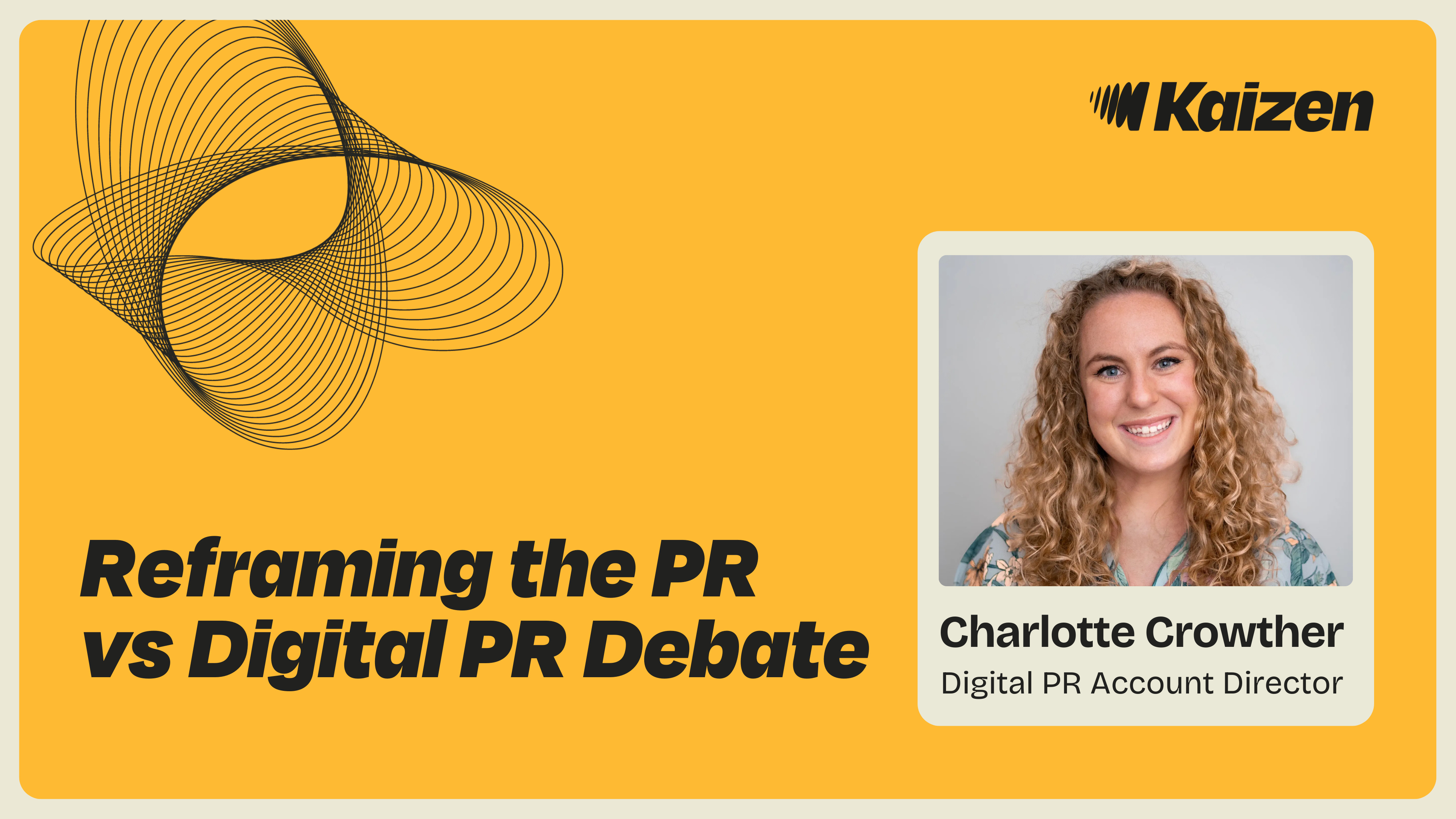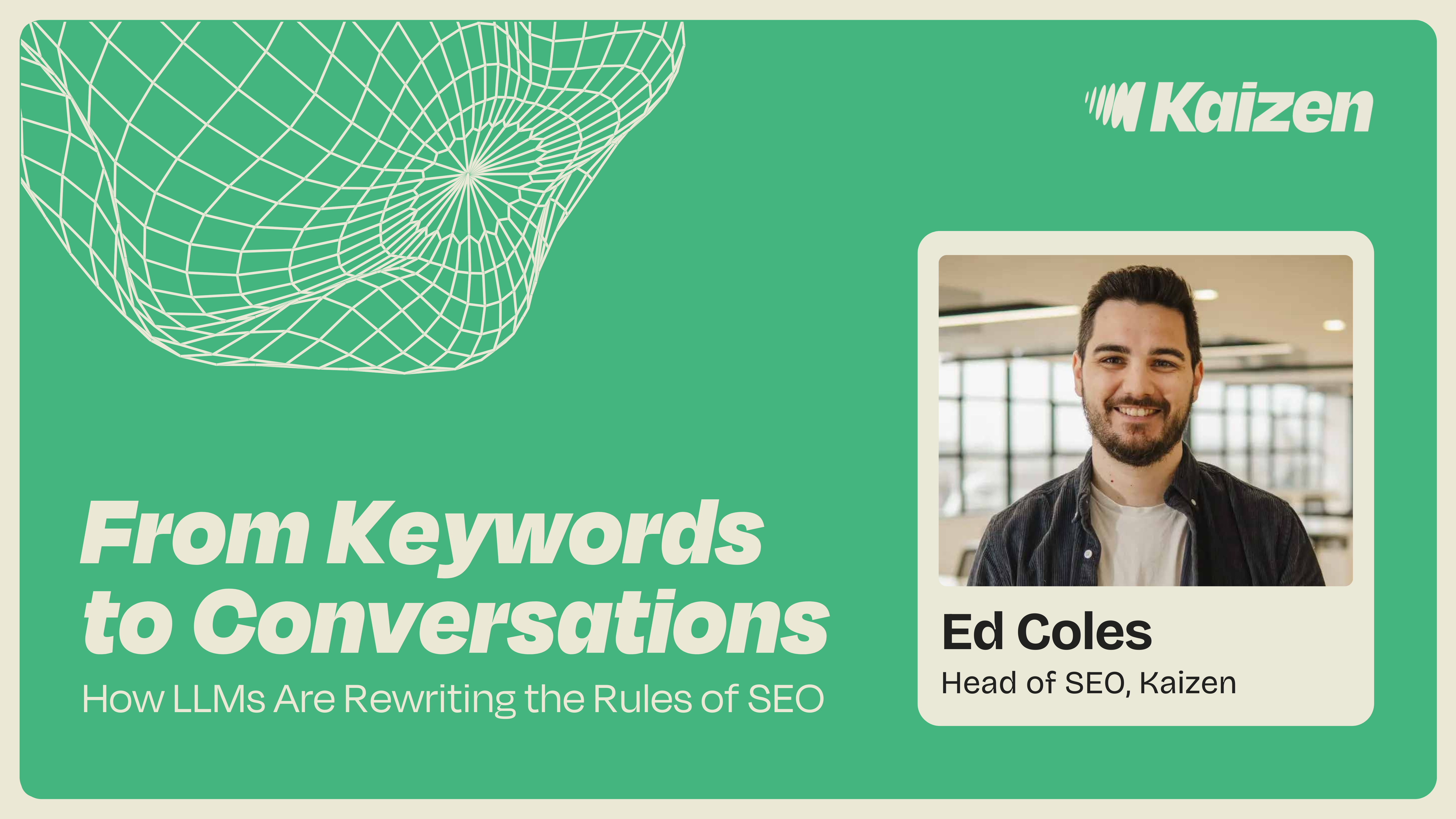Local SEO for Dentists

Why Local SEO Matters for Dentists
Often when people search for a dentist, they’re not browsing casually, they’re usually looking for treatment quickly, whether that’s a routine check-up, cosmetic procedure, or an urgent appointment. A strong local SEO strategy ensures your practice shows up at the exact moment patients are making those decisions.
Unlike ecommerce or national service providers, dental practices are almost always location-dependent and patients are searching with a local intent, using queries such as:
- “dentist near me”
- “emergency dentist in Leeds”
“teeth whitening Manchester”
Without local visibility, even the most qualified dentists risk losing patients to nearby competitors. Google’s local ranking system considers three key factors:
- Relevance – Does your website and profile match the treatments people are searching for?
- Distance – How close is your practice to the patient?
- Prominence – How trusted, authoritative, and well-reviewed is your clinic online?
For dentists, optimising for all three is the key to steady appointment bookings.

Building a Local SEO Foundation
Keyword Strategy for Dentists
Effective local SEO starts with keyword research that reflects how patients search for dental care. Common patterns include:
- Service + Location: “Invisalign dentist Birmingham”
- Treatment-specific: “dental implants Manchester”
- Urgency-based: “same day dentist London”
Tools like Google Keyword Planner or SEMrush can help identify the monthly search demand for both routine services (check-ups, hygiene) and higher-value treatments (implants, veneers).

Optimising Your Google Business Profile (GBP)
As a dentist, your practice’s Google Business Profile acts as your digital shopfront on Google Maps and in the local pack. In order to maximise visibility you can:
- Keep your NAP (Name, Address, Phone) consistent and accurate.
- Select precise categories (e.g., Dentist, Cosmetic Dentist, Emergency Dental Service).
- Upload photos of your clinic, reception, staff, and treatment rooms to build patient confidence.
- Use GBP posts to share oral health tips, seasonal promotions (e.g., teeth whitening before weddings), or holiday opening times.
- Add a booking link or appointment system if possible.
A well-optimised GBP reassures potential patients that your clinic is active, professional, and trustworthy, alongside giving them the direct ability to book.

Reviews & Online Reputation
Choosing a dentist is a high-trust decision. Patients want reassurance about safety, professionalism, and results before booking. As a result, online reviews play a huge role in both rankings and patient confidence. You can’t control what reviews are going to say but you can:
- Encourage happy patients to leave reviews on Google and healthcare-specific platforms like Doctify or WhatClinic.
- Respond to reviews promptly and empathetically, especially if they raise concerns.
Showcase video testimonials or before-and-after treatment results (with patient consent) on your site and social channels.
The more authentic, detailed reviews you have, the more likely new patients are to choose you over competitors.
Local Citations & Healthcare Directories
Beyond Google, your clinic should also be listed in trusted directories. This not only helps build your awareness on industry related platforms, but acts as a sign of trust to Google that you are who you say you are. Some good platforms to consider as a dentist include:
- NHS.uk (for NHS providers)
- BDA (British Dental Association) listings
- Private healthcare platforms such as Top Doctors, Doctify, Zocdoc
- General directories like Yell or Yelp
These citations reinforce your legitimacy and give Google more signals to trust your practice, while also exposing you to patients browsing trusted third-party sites.
On-Site Optimisation for Dental Practices
Whilst GBP optimisation is important, your website is often the first in-depth interaction patients have with your practice.Optimising your site for relevant high search volume, hyper local terms can give you the edge versus competitors. It also helps signal to Google your expertise and relevance. In order to capture local search demand:
- Create treatment-specific landing pages (e.g., Dental Implants in Bristol, Emergency Dentist in Oxford).
- Add FAQs addressing common patient concerns (e.g., “Does Invisalign hurt?”, “What should I do if I lose a filling?”).
- Include clear calls-to-action like “Book Your Appointment Online” or “Call for Emergency Treatment”.
- Publish supporting blog content around oral health tips, local community events you sponsor, or treatment guides.
- Ensure your site is mobile-friendly, as many patients search while on the go.
This type of content not only builds relevance but also builds patient trust by showing you understand their needs.
Why EEAT is Essential for Dental SEO
When it comes to healthcare, trust is everything. Dentistry falls under Google’s “Your Money or Your Life” (YMYL) category, meaning content about dental treatments, health, and patient care is held to a much higher standard than most industries. This is where EEAT, Experience, Expertise, Authoritativeness, and Trustworthiness, plays a vital role and it’s critical that you display each element with any content you create:
- Experience: Patients (and Google) want to know you’ve successfully treated cases like theirs. Showcasing patient stories, before-and-after photos, and testimonials demonstrates real-world experience.
- Expertise: Highlight your dentists’ qualifications, years in practice, and areas of specialism (e.g., orthodontics, implants, cosmetic dentistry). Author bylines and professional accreditations help build credibility.
- Authoritativeness: Being cited or featured in healthcare directories, local press, or dental associations reinforces your standing as a reputable practice.
- Trustworthiness: Clear information on pricing, transparent treatment processes, and compliance with regulations (CQC registration in the UK, for example) build trust with
For dentists, integrating EEAT isn’t just about better rankings, it’s about reassuring nervous patients that they’re choosing a safe, qualified, and ethical clinic.
Extra Considerations for Dentists
Dentistry is a pretty unique field, so here are some other industry specific tips to help boost your performance:
- Schema Markup for Healthcare: Use LocalBusiness schema combined with medical-specific schema (e.g., Dentist) to help search engines better categorise your services.
- Patient Safety & Trust Signals: Highlight accreditations (CQC registration, BDA membership), staff qualifications, and infection-control standards.
- Appointment Booking Integration: Adding online booking functionality increases conversions and can be linked directly in your GBP profile.
- both patients and search engines.
Conclusion
For dental practices, local SEO should be at the core of your search strategy. By combining keyword optimisation, a strong Google Business Profile, patient reviews, citations, and high-quality content, dentists can secure a consistent stream of new appointments.

 Search
Search PR
PR AI Visibility
AI Visibility Social
Social

















